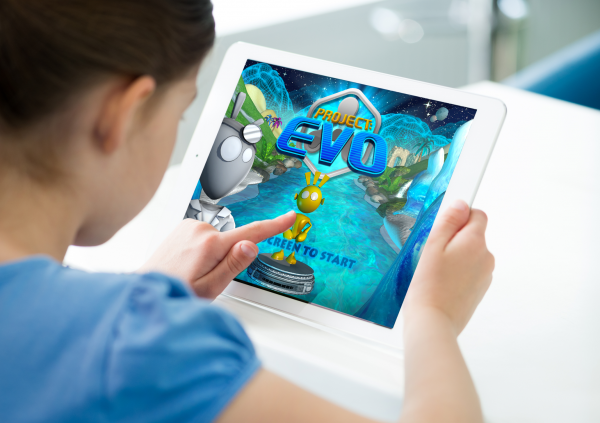
As leading companies in the nascent digital therapeutics industry work to gain regulatory approval and adoption of their products one pathway to commercialization has been through partnerships with pharmaceutical companies.
In the most recent example, Boston, Massachusetts-based Akili Interactive, which is trying to create prescription digital therapeutics for brain-related conditions has signed a partnership with Japanese pharmaceutical company Shionogi.
In exchange for ceding rights to develop, sell and market Akili’s two lead products in Japan and Taiwan to Shionogi, Akili will receive $20 million upfront and up to $105 million in additional payments dependent on reaching certain development and commercial milestones.
“This partnership will allow us to help more people more quickly, while maintaining flexibility for the future. Shionogi has a 139-year history discovering and developing innovative therapies, including a growing strategic focus on CNS and ADHD.” Vincent Hennemand, Akili’s Senior Vice President of Strategy, Corporate & Business Development, said in an email.
“To our partnership, Shionogi brings deep expertise in the Japanese-specific regulatory, marketing and sales mechanics. And importantly, they share our commitment to patients.”
The company’s lead products, AKL-T01 and AKL-T02, target ADHD and Autism Spectrum Disorder, respectively.

A Deep-dive Into Specialty Pharma
A specialty drug is a class of prescription medications used to treat complex, chronic or rare medical conditions. Although this classification was originally intended to define the treatment of rare, also termed “orphan” diseases, affecting fewer than 200,000 people in the US, more recently, specialty drugs have emerged as the cornerstone of treatment for chronic and complex diseases such as cancer, autoimmune conditions, diabetes, hepatitis C, and HIV/AIDS.
AKL-T01 is a proprietary video game system meant to activate the prefrontal cortex to boost cognitive function and is currently under FDA review. Hennemand said the hope to hear back on a regulatory decision in 2019.
AKL-T02 is still under development with plans to conduct a large-scale clinical trial to determine its effectiveness. Akili said it will also receive “substantial royalties” on the sales of the products in those markets.
“This is a great deal for Akili and a breakthrough deal for digital therapeutics. It sets a very positive precedent for future deals in the space and I expect it will be the first deal that other DTx companies reference when selecting comps in the valuation of digital therapeutics,” said David Lee, a partner with consulting firm Simon-Kucher & Partners.
Akili retains control of data storage and collection, product development activities and commercialization rights outside of those markets, as well as its still-in-development distribution platform designed specifically for digital therapeutics prescriptions and patient support.
“This represents a unique type of partnership – for the first time, a digital therapeutic is being valued as a standalone treatment like a molecule, and we will keep control of the enabling trade and distribution systems,” Hennemand said.
“For a traditional drug partnership, and perhaps even for a different kind of digital therapeutic, this new approach may not make sense. But, to maximize digital therapeutics for patients and to be able to respond quickly and in a meaningful way to patient needs, a new fundamentally approach is needed and we need to be own the front lines owning that flexibility and adaptability.”
Akili’s deal with Shionogi contrasts with the partnership between Pear Therapeutics and Novartis which has the two companies co-developing new therapeutics and working in concert on distribution channels.
According to Akili, key to keeping control of their distribution platform was being able to directly reach and develop longstanding and continuing relationship with their patient population.
“Most patients don’t even know who makes their medicine. Digital therapeutics, and our products in particular, allow us to build meaningful relationships with our patients,” Hennemand said.
“With our industry expertise and understanding of our patients, we believe we are best positioned to continuously engage with them and to create an unparalleled experience for our patients that we can continue to improve over time.”
Source: Akili Interactive Labs
Correction: The article initially said that Shionogi would get rights to commercialize Akili’s products in Taiwan and Japan.













